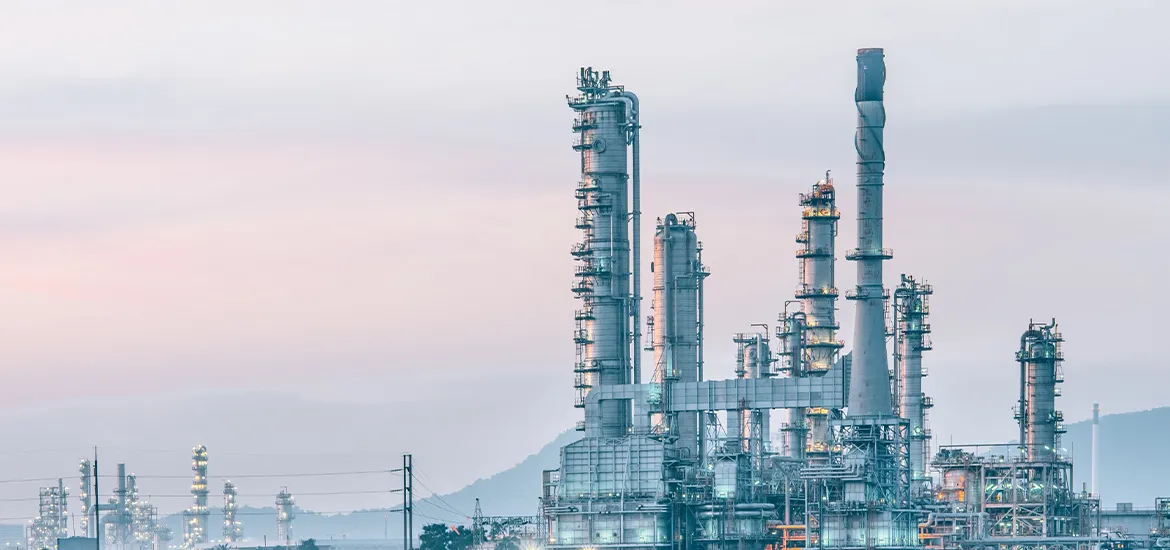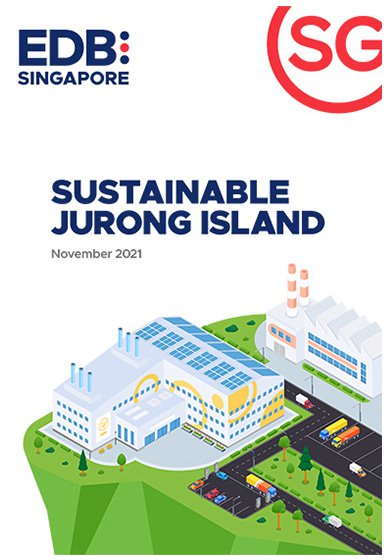Singapore’s energy and chemical sector has in recent years seen an overhaul amid a global push towards greener energy and renewables away from conventional energy sources.
Yet, market watchers say the city-state is at little risk of losing its status as a key trading hub for oil, chemicals, and petrochemicals.
Most recently, oil giant Shell on Wednesday (8 May) said it will sell its crown jewel refinery and petrochemical assets on the Republic’s Pulau Bukom and Jurong Island for an undisclosed sum, to a joint venture comprising commodity trader Glencore’s unit Glencore Asian Holdings and Chandra Asri Capital, a unit of Indonesia’s largest integrated petrochemical company.
Jean Woo, managing partner of law firm Ashurst’s Singapore office, said that although a lot of focus from markets is on Shell’s sale, it is crucial to remember that the company did not shutter the business.
“The asset was divested for strategic reasons,” she said. “Both (buyer) companies regard this purchase as a very successful outcome, as they do regard it as being a prime asset in Southeast Asia which is very complementary to their businesses.”
Woo added that the sale does not undermine Singapore’s position as an oil hub, and merely reflects Shell’s intention to take active steps to reduce its carbon footprint and pivot towards carbon capture projects that are a critical aspect of the company’s business.









